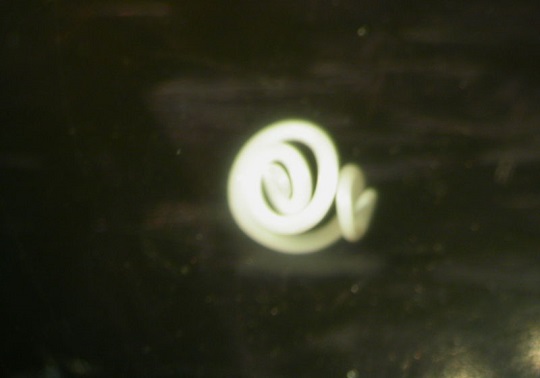
Aquaculture is considered as an anisakis-free industry and it is necessary to maintain that label as a defining quality mark for the sector.
However, anisakis species (Anisakis spp.) are ubiquitous in the sea and can reach fish if they are fed with fish instead of feed. It is therefore advisable to maintain constant vigilance to avoid infections associated with risky practices and routines.
The objectives of this project are: to identify the risks still existing in aquaculture and their causes, to provide tools for their assessment and guidelines to avoid them and to explore the real risk of anisakis infection in those practices where fish are fed with fresh fish.
The achievement of these objectives will make it possible to provide useful guidelines and prevention tools for the sectors involved and consumers. This project will be developed between 2020-21 with the collaboration of the Biodiversity Foundation of the Ministry for Ecological Transition and the Demographic Challenge, through the Pleamar Programme, co-financed by the FEMP.
![]()





